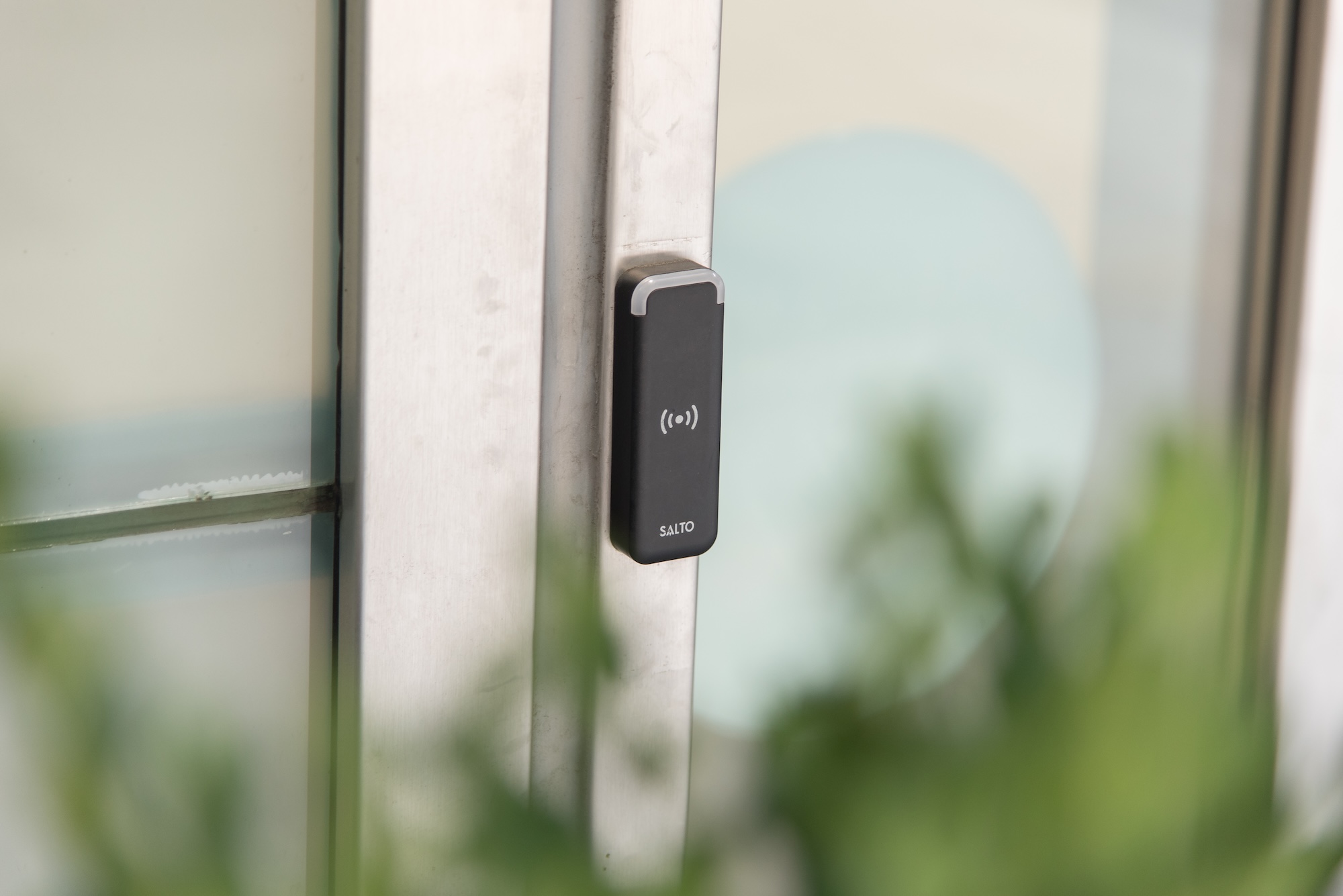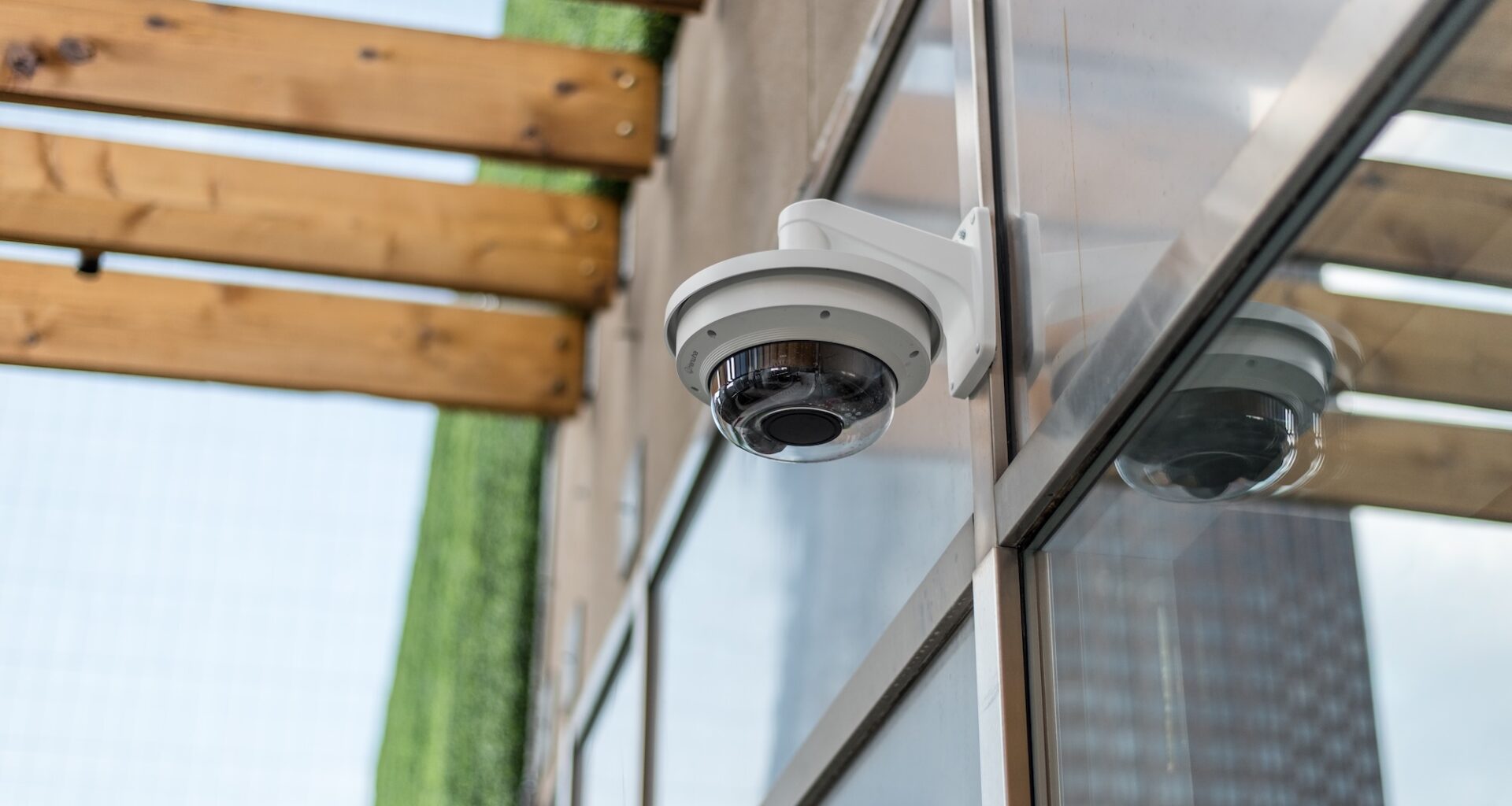When real estate firm Alterra Property Group set out to reimagine the former Morgan Lewis headquarters at 1701 Market St. in Philadelphia, it knew the project needed more than a fresh design.
An adaptive reuse development, where the existing building would be repurposed instead of demolished and rebuilt, it posed a unique challenge.
That’s why Alterra turned to a trusted partner to complete this project, Rittenhouse Communications Group (RCG).
RCG is a Philadelphia-based technology integration firm that designs, implements and installs low-voltage cabling, network infrastructure, IP cameras, access control, enterprise Wi-Fi and smart building technology for clients in multifamily, mixed-use commercial and hospitality projects.
“We wanted to reuse as much of the infrastructure as possible to avoid the expense of running all new cable,” said Jared Kern, director of mixed-use development for Alterra. “RCG was great at identifying ways to adapt the old system, whether that was reusing access points, relocating a few cameras, or even leveraging existing systems during construction.”
A reliable partnership
RCG specializes in what president and CEO Sean Edwards calls “single-pane-of-glass deployments.”
In short, it standardizes systems across properties so property managers aren’t retraining teams for every building. And that consistency has proven especially valuable for Alterra. The longstanding partnership between the two companies means fewer unknowns with each project they complete.
“We already know the DNA of their buildings because we design buildings with the same systems,” Edwards said. “We don’t need to go back and forth 50 times and waste everybody’s time. We know what they use.”
RCG and Altera have worked together for eight years on everything from modular builds to multifamily developments. And the appeal to keep collaborating is simple: reliability.
“It does help significantly, especially in the design and engineering process because we already kind of know what they want,” said Will Gingery, associate project manager for RCG. “You start to understand what they want and need, and you get familiar with the leasing teams and the awesome people there. The training process is nice and simple once you have the same people doing the same stuff.”
That level of trust was critical at 1701, where reusing existing infrastructure helped Alterra save on costs while sticking to a compressed 16-month construction schedule starting in January 2024.
 An access control reader installed by RCG at 1701 Market. (Courtesy Rittenhouse Communications Group)
An access control reader installed by RCG at 1701 Market. (Courtesy Rittenhouse Communications Group)
The 1701 project comprises 18 stories with 189 parking spots and 299 apartments. It’s also directly connected to Suburban Station, one of the city’s main transportation hubs. Additionally, the building features amenity spaces equipped with TVs, cameras, sound systems and full security integration.
“A ground-up build of that size would probably take twice as long, with excavation, foundation, and structure work,” Kern said. “With adaptive reuse, you have to adapt to the building, but you also have to move quickly because your schedule is condensed.”
Now, construction is essentially complete, and a vast majority of the units have been leased.
And by offering digital tools on top of this physical infrastructure, RCG aims to completely redefine what technology integration looks like.
Smart technology meets adaptive reuse
With its proprietary app, PropKey, RCG offers a building management system in the form of an app.
PropKey acts as a digital concierge for residents. It helps them manage smart device control, guest access, package deliveries, maintenance requests, community bulletin boards and more from a single platform.
The platform is customizable to the client’s needs. It can also run a live AI on cameras to show amenity spaces.
“We’re not only the hardware security technology designer, implementer, supporter, but we’re laying the software on top, which is disruptive and unprecedented in the market,” Edwards said.
While it isn’t a requirement for RCG’s clients to use the app, PropKey has been implemented in a slew of the company’s projects, including the 1701 building.
This is part of Alterra’s ongoing efforts to adapt to the technological advancements we’re experiencing today.
“Our security cameras, for example, likely have AI features or API integrations built in,” Kern said. “Any new IP camera today is modular and cloud-ready, which makes them incredibly valuable and easy to interface with. What really interests me is how AI could evolve in building security. Wherever that goes, I feel confident we’re in a good position thanks to the hardware and infrastructure RCG has installed.”
Expanding horizons
Looking ahead, RCG plans to grow both its team and national presence. The company currently has 16 employees, earns around $5 million in revenue per year, and has completed projects in 39 states.
In the near term, Edwards expects to add more employees and take over more buildings for service. And he is preparing to open an office in his hometown of Atlantic City later this year.
“This is an exciting opportunity to get back to the roots and support the revitalization of one of the East Coast’s oldest beach towns,” Edwards said.
Overall, the success at 1701 underscores RCG’s edge in the marketplace.
Its diverse fleet of services combines cost-conscious design with industry-leading technology, making it a one-stop partner for building technology integration.
“Where we’re unique is really caring about construction costs and day-to-day operations,” Edwards said. “So a lot of our designs have very low recurring charges. We end up being less expensive, providing better hardware and service because we’re designing it.”
